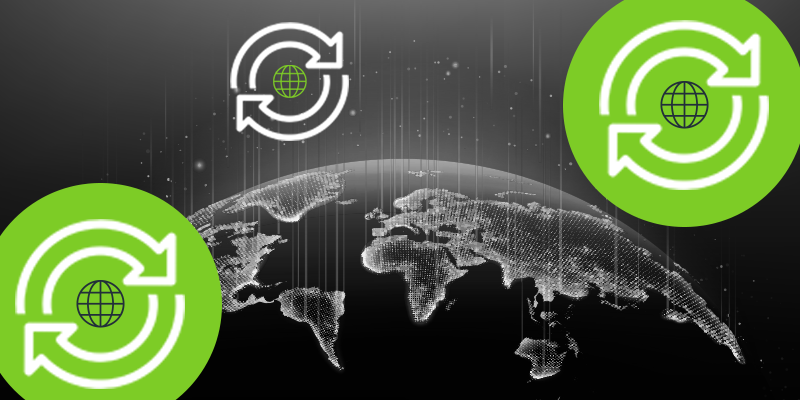Think of all the important files sitting on your computer right now. If your computer crashed tomorrow, would you be able to retrieve your important files? Would your business suffer as a result? As more and more of our daily activities incorporate digital and online files, it’s important for businesses and consumers to back up their data.
What is backup?
Simply put, backup is a copy of your files. Think of your family photos, home videos, tax information and other important documents. Typically we compile these files on our computer. Without backing up these files, they can get lost or stolen.
Why backup?
Backup enables you to keep your data accessible and secure. There are so many ways your personal files or business documents could experience data loss. It could simply be a result of human error. Data loss can also occur as a result of falling victim to ransomware, malware or phishing. According to the 2022 BrightCloud® Threat Report, medium-sized organizations (21 to 100 licensed PCs) experienced malware infection rates that affected nine PCs on average last year. To make matters worse, BrightCloud® Threat Intelligence also revealed four million new high-risk URLs were in existence in 2021 and almost 66% of them involved phishing. Whether you have important files stored on your personal or business computers, your data remains at risk.
“The possibility of data loss and theft should be top of mind for individuals and businesses. Our increased reliance on digital files, the rise in cyber attacks, human error and natural disasters are just a few examples of how your data remains highly vulnerable, ”says Tyler Moffitt, senior security analyst at Carbonite + Webroot, OpenText Security Solutions.
Take control of your data through backup
Beginning the backup process can be daunting. Whether you’re looking to back up your family’s documents or your mission-critical business files, it’s important to consider:
- Where will you back up your data? There are a number of backup options. From external hard drive to the cloud, there are many ways to prevent loss. It’s important to find a solution that fits your needs.
- What is your retention policy? A retention policy allows you to keep certain backups for a longer period of time. For instance, a business may decide it’s necessary to keep daily backups for a total of 30 days, but a family may choose to hold onto all their family photos for months before archiving.
Say goodbye to data loss with Carbonite
Even though there are many ways to back up your data, not all options are created equal. For instance, storing your personal files on an external drive can backfire if the drive becomes corrupt or lost. As more of our data exists online, it’s important to consider cloud-based options.
Many vendors in the market offer cloud backup solutions for your home or business. But it’s important to find a reliable and trusted provider. Carbonite is an award-winning, industry leader with reliable backup solutions. Over one million people trust Carbonite to protect their digital lives. Carbonite offers automatic, dependable and convenient backup for all of your devices and hard drive files.
Make data backup a priority
World Backup Day is an important reminder to preserve our data. As the threat landscape continues to evolve, backing up your files becomes part of a larger cyber resilience strategy. Cyber resilience is a defense in depth strategy that helps ensure continuous access to your personal and business data no matter what happens.
Carbonite offers solutions for consumers and businesses. Discover which of our plans is right for you.
Own a small business and need data backup? Discover Carbonite Safe® for professionals.
Kick start your backup journey today. To understand your backup needs, begin with our quick assessment. We’ll help you pinpoint the level of backup you need. We’ll also give you an opportunity to experience it without commitment.
Start a free trial today and discover for yourself how simple it is to back up your data with Carbonite.













